I feel very passionately about steering people towards better-quality chocolate, made with cacao bought at a fair price. But trying to find the best fair trade chocolate brands can be confusing, especially since Fair Trade chocolate has become such a flexible term.
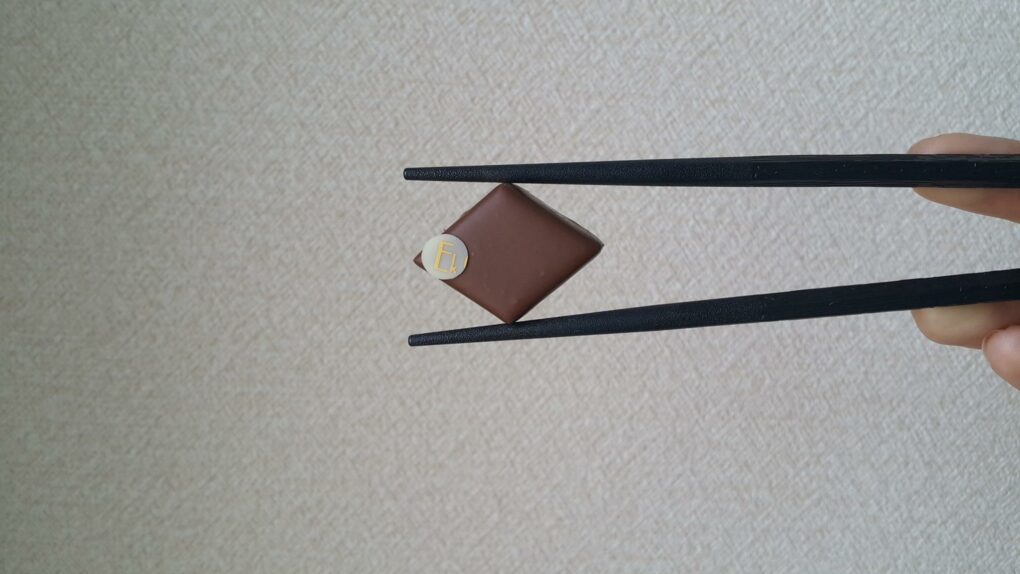
There are now dozens of fair trade certifications out there, each of which has their own standards for pricing content, and sustainability. There are lots of chocolate companies out there that even claim to make Fair Trade chocolate, but are owned by one of the ‘Big 5’ chocolate corporations.
So in the end, the only Fair Trade chocolate brands I’d actually recommend are independently-owned companies with transparent sourcing practices. You can usually find annual reports shared on their websites, rather than just a bunch of stickers slapped onto a bar in a supermarket.
I get so many questions about the best, most sustainable and ethical chocolates that finally I decided to name a few of my favorite brands of fair trade chocolate below. People truly want to buy better chocolate, and while I encourage you to find a local craft chocolate maker, I know sometimes it's just easier to opt for what's available online.
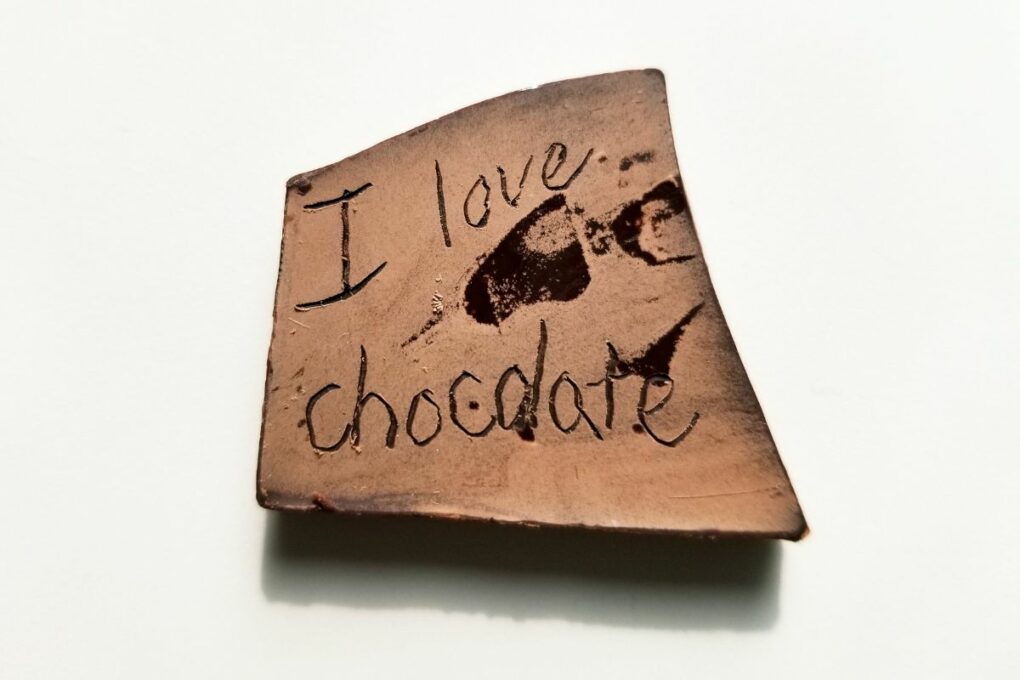
Fair Trade Chocolate FAQ
What does fair trade mean in chocolate?
Since Fair Trade has broken off into different groups, it's difficult to generalize what one fair trade label means over another. But the fair trade movement has nothing to do with the environment (that's Rainforest Alliance certified).
Rather, it was started with the goal of paying farmers higher, more equitable prices for their goods. In chocolate this means paying cocoa farmers roughly 20% higher than market price, though this percentage varies depending on the label.
Which chocolate brands are fair trade?
Most conventional chocolate brands are unfortunately not using fair trade or direct trade cacao. But some sustainable chocolate brands which use fair trade cocoa are Divine Chocolate, Theo Chocolate, Equal Exchange, Alter Eco, Raaka Chocolate, and Unreal Chocolate.
How do I know if chocolate is fair trade?
All fair trade chocolate will be labelled as such with one of the labels in the image below, among many others. There are a multitude of ways that a company can invest in fair trade labor practices, however, so it's best to go to the companies' websites to see their exact certifications.
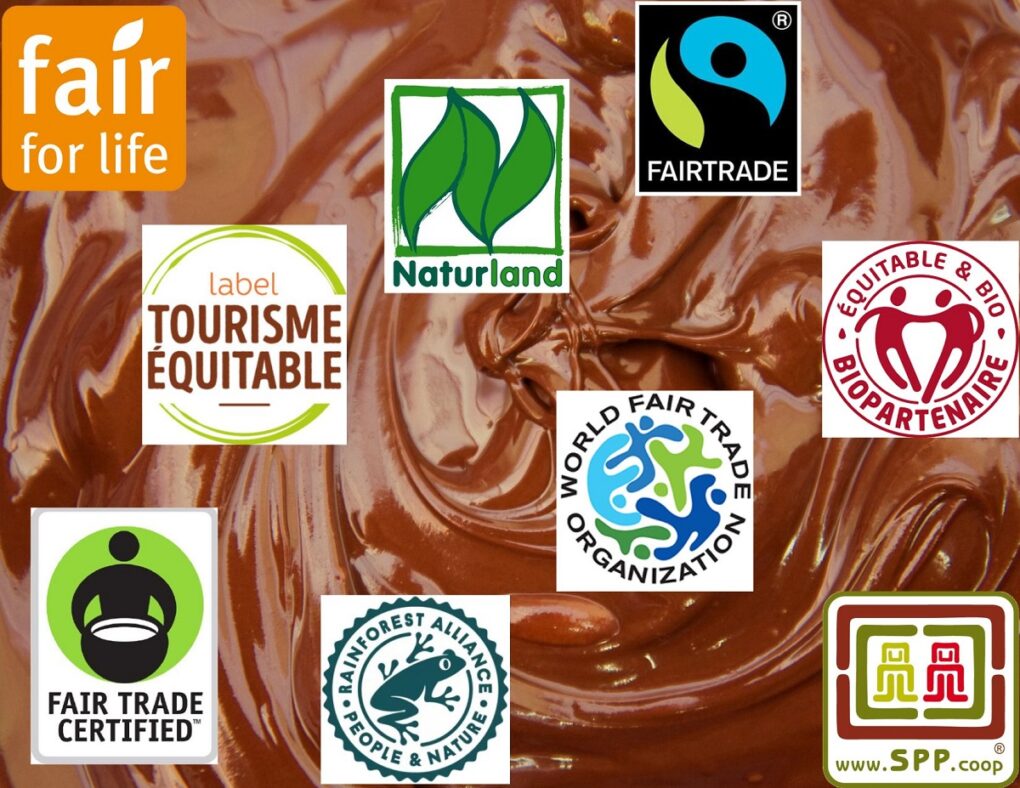
Is Ghirardelli chocolate fair trade?
No, Ghirardelli Chocolate is not fair trade certified. They claim on their website that they can 100% trace where their cacao came from, but that begs the question— where does Ghirardelli source their cacao?
Is fair trade chocolate better?
Fair Trade certified chocolate can generally be considered better than conventional chocolate. That is to say, Fair Trade chocolate brands can guarantee no forced labor, but it doesn't say anything about the taste or quality of the chocolate made from it.
For example, Endangered Species chocolate is Fair Trade, but it infamously tastes awful. Even with rebranded packaging, you can't cover up that level of bitterness.
Best Brands of Fair Trade Certified Chocolate
Original Beans
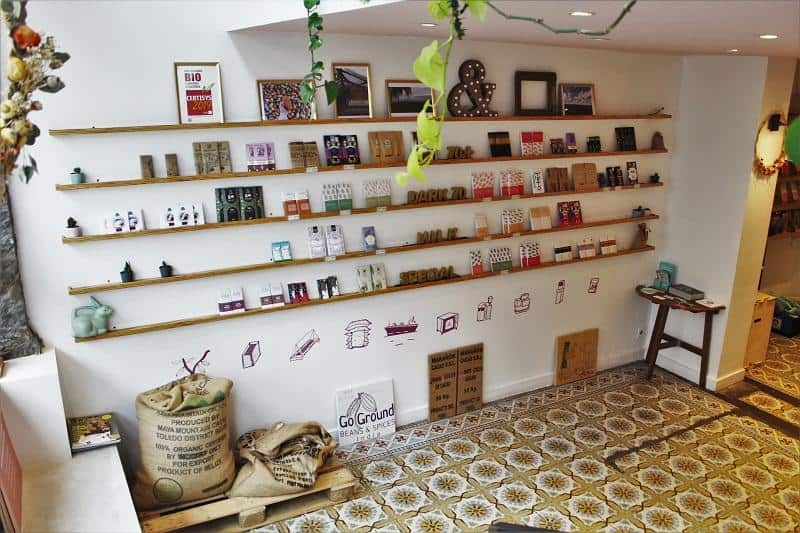
At the top of my list is Original Bean’s Fair + model, which recognizes that a safety net based on a fluctuating price forces farmers to find alternative sources of income. Original Beans was established in 2008 in the pursuit of sustainably-produced, high-quality cocoa that provides farmers a living wage through direct trade.
They are a member of Direct Cacao, an organization of bean-to-bar chocolate makers who pay farmers significantly more for their cocoa beans than the Fair Trade minimum price. An interview in 2022 reveals the criteria Original Beans focuses on when scouting the farmers they want to work with.
They assess environmental impact, the prospect of finding and preserving rare cocoa variants, and the presence of a community with which they can develop a long-term relationship. They source cocoa bean origins for craft chocolate makers under their ‘Sourced-by-Original Beans’ standard (and can ship cocoa to smaller makers in bags of 50-60 kg or even less).
Their team documents the annual salaries of cocoa farmers in different regions, and calculates the sales required to make a comparable annual income. Original Beans guarantee their growers a multi-year fixed purchase price that’s double fair trade prices.
In turn, farmers are given support and incentivized to produce the best quality of product and prevent the need for children to work on farms. A few years back I interviewed Jan Schubert, the South America region cacao 'sourcer' for Original Beans; you can listen to that interview here.
Divine Chocolate
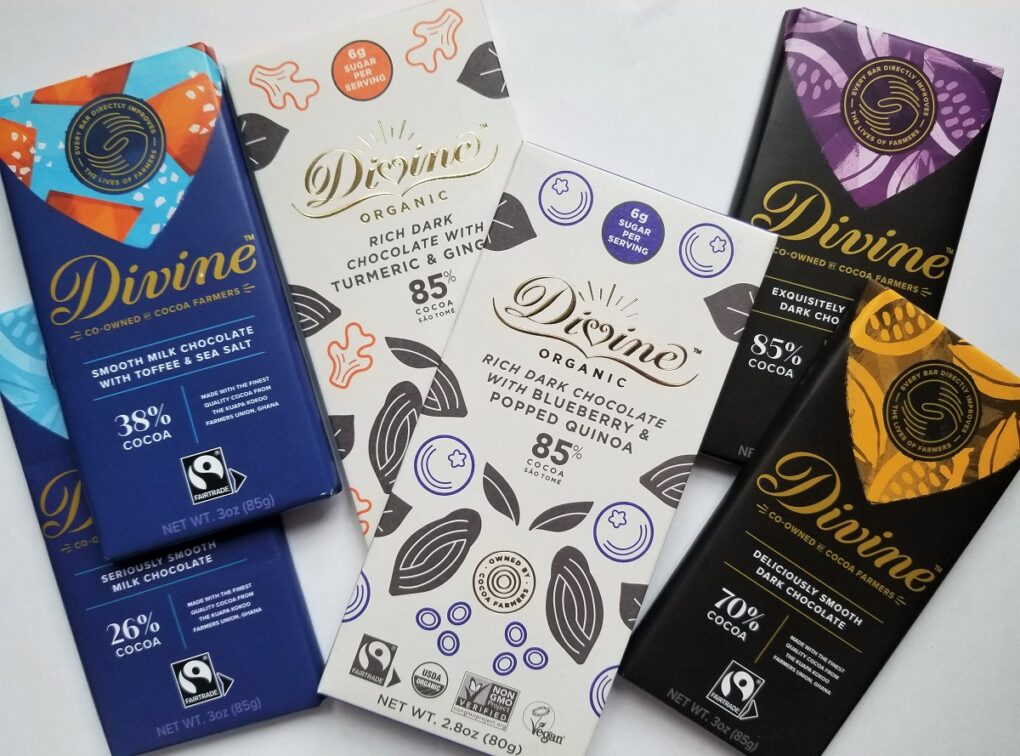
Fair Trade certified chocolate also has its share of producers that are making a difference. Back in 1998 Divine Chocolate Limited was established in the UK, 45% of which is co-owned by the Ghanaian fairtrade cocoa farmer co-operative Kuapa Kokoo which had about forty thousand members at the time).
They started with the name Day Chocolate Company, and partnered with Twin Trading, The Body Shop International, and Christian Aid for logistical, financial, and marketing support. From 2002 to 2015 Divine Chocolate won multiple awards in the ethical, social, and taste categories, slowly but steadily growing the company.
Back in 2000 they also partnered with Comic Relief, a British charity, and developed the Dubble chocolate bar, which continues to help fund the development of water wells and schools in Ghana. At the time, Divine’s model was revolutionary for being the first of its kind that allowed the farmers themselves to own shares of the company.
Divine continues to run campaigns to boost the awareness of Fair Trade, ethical trade at large, inclusion in the chocolate industry, and the plight of cocoa farmers. And now they're one of several farmer-owned chocolate companies around the world.
Alter Eco
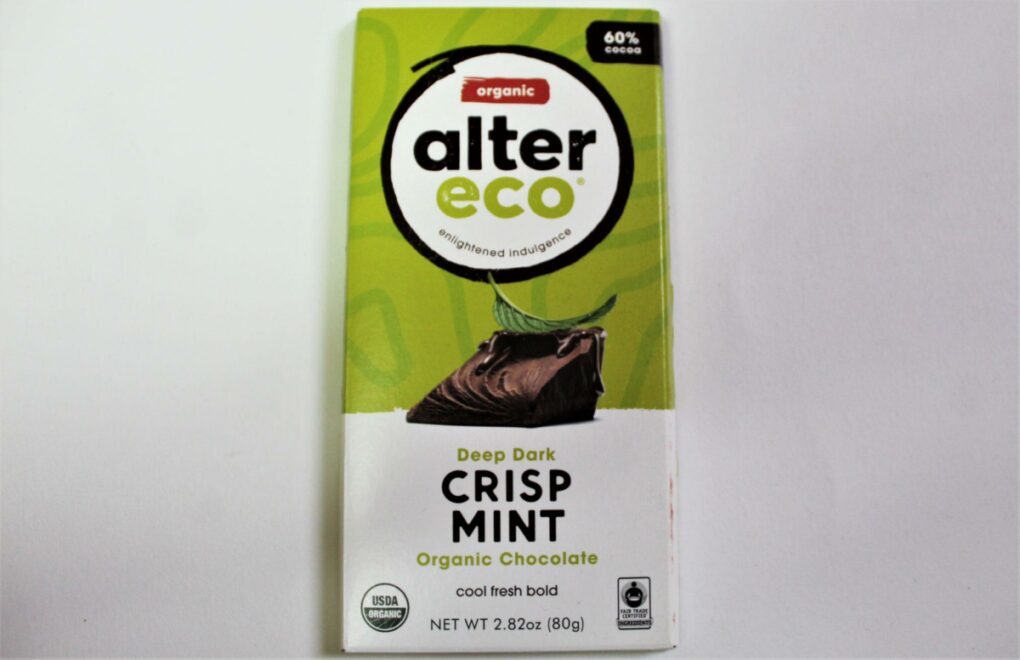
Alter Eco used to sell a wide range of Fairtrade products, but eventually focused on chocolate products. They have an emphasis on Agro-forestry and regeneration of the supply chain through reinvestment & improvement of cocoa cultivation. On top of selling Fairtrade certified products, Alter Eco acquired certification as a B Corp in 2009.
This extra certification demonstrates that a business has achieved a high level of verifiable business practices in the areas of social and environmental responsibilities, legal commitments, and transparency. Their move to focus on vegan chocolate and quinoa products maximized growth and impact by increasing buying volume.
The chocolates themselves are manufactured in Switzerland, and beyond just being fair trade chocolate, they're all certified organic and non-GMO. Over the years, alter Eco has won awards for their chocolate and sustainable packaging, and garnered recognition as a fast-growing private company between the years 2016 and 2017.
In 2022 they ranked second on the Chocolate Scorecard for their ethical labor, farmer compensation, transparency, and sustainable chocolate production. For those knowledgeable about the different Fair Trade lables, Alter Eco USA is certified Fair Trade under the Fair For Life program.
This program is ISO 26000 compliant, launched to complement FLO’s model in order to include farmers in eastern Europe and include more specialized products.
Unreal Chocolate
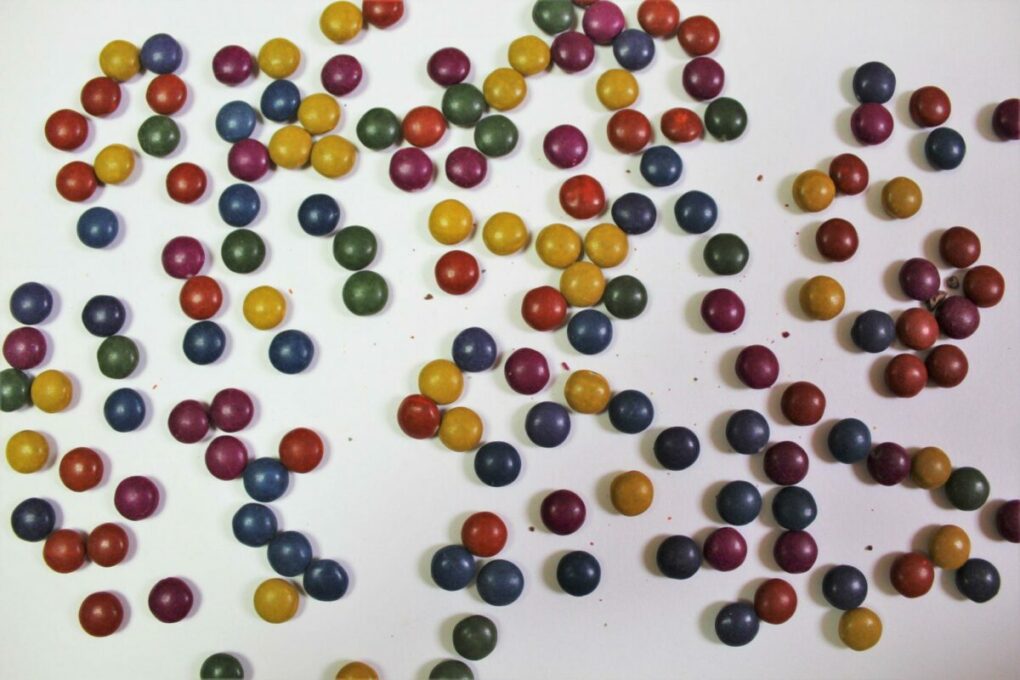
Relatively new to the fair trade chocolate brands scene, Unreal Chocolate was started by a pair of brothers who wanted to re-make their childhood favorites— sans the preservatives & artificial flavors. While a noble goal, this is easier said than done.
But over the years that I've been trying their products, I've remained impressed by both the flavor and quality of their milk and dark chocolates. They describe their treats as “chocolate snacks,” and I do have to agree.
Their line of nut butter cups and “gems” (high quality M&Ms®) are quite good chocolate, and all of their products are soy-free & mostly organic chocolate options. Especially for those looking to add a sweet little something to packed lunches or trail mixes, investing in one of their brightly-colored packs is the way to go. They’re even re-sealable.
Theo Chocolate
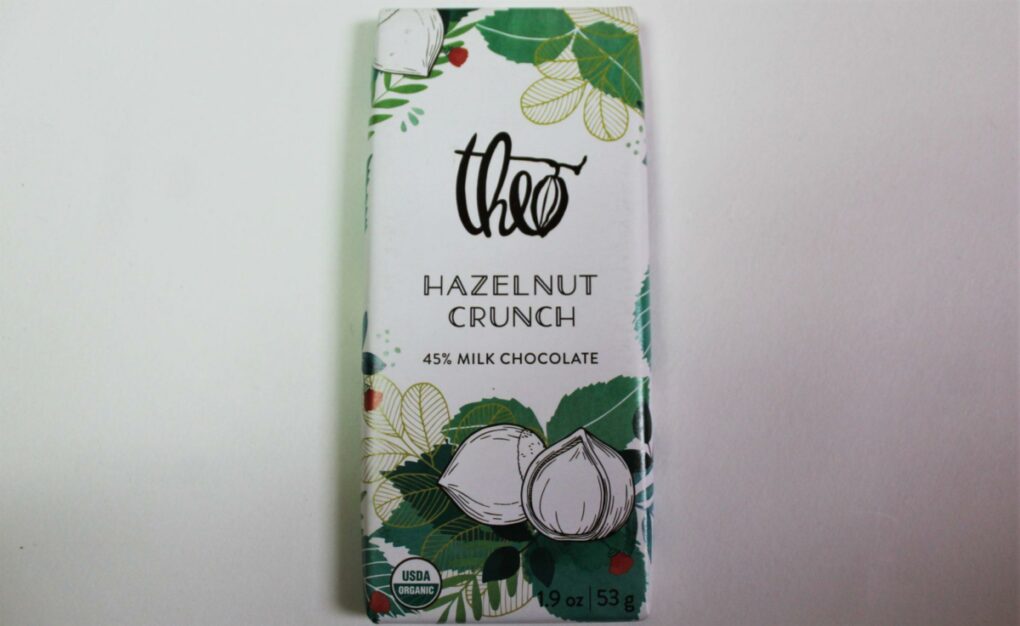
Since their founding in 2006, Theo has become by far one of the most open and transparent larger fair trade chocolate companies. They continue to source over two-thirds of their cacao from farmers in the Democratic Republic of Congo (DRC) in West Africa, and the company is both certified organic & Fair for Life.
Although the company is no longer wholly-owned by the founders, one of them is the main shareholder, which makes me think it remains in good hands. Additionally, they maintain an open door sort of policy at their Seattle-based chocolate factory, running daily tours and a variety of chocolate classes.
Their range of bars has grown over time, as well, with their lowest percentage of cacao being in their 45% milk chocolate. The fact that you can’t find a Theo chocolate bar with less than 45% of the ingredients coming from the cacao bean is legitimately impressive.
Their milk chocolate is creamy and rich, and every season brings its own specialty bars ranging from the horchata in cooler weather to the fresh lemon flavor each spring. Their 70% dark chocolate is a sweet but not overwhelmingly flavorful base for most of their bars, which get as high as a 85% dark chocolate.
For those interested in peanut butter cups, Theo’s are definitely my go-to, and available in both dark and milk chocolate.
Raaka Chocolate
Raaka Chocolate only produces vegan, unroasted chocolates. This means the ingredients they use are animal product-free, and the cacao was not exposed to the super high heat normal in chocolate production.
Since their opening in Brooklyn in 2010, the two-man team behind Raaka has been bringing their vegan chocolate to the world; also since their opening, people have been mislabeling them a raw chocolate company. Throughout their growth, their goal has always been to build a company & farmer partnerships that benefit everyone in the value chain.
Their regular bar line-up ranges from 60% coconut milk chocolate to a 82% bourbon cask aged, all made with one of 3 or 4 different single origin cacaos. The earthy undertone I taste in all their bars definitely doesn’t appeal to everybody, so I’d recommend one bar before committing to their entire line-up.
Alternatively, if you find yourself in Brooklyn one Saturday or Sunday, you can head over to Raaka chocolate factory in Red Hook for a tour, tasting, and learning experience. Otherwise you can find their bars at select Whole Foods locations and on Amazon.
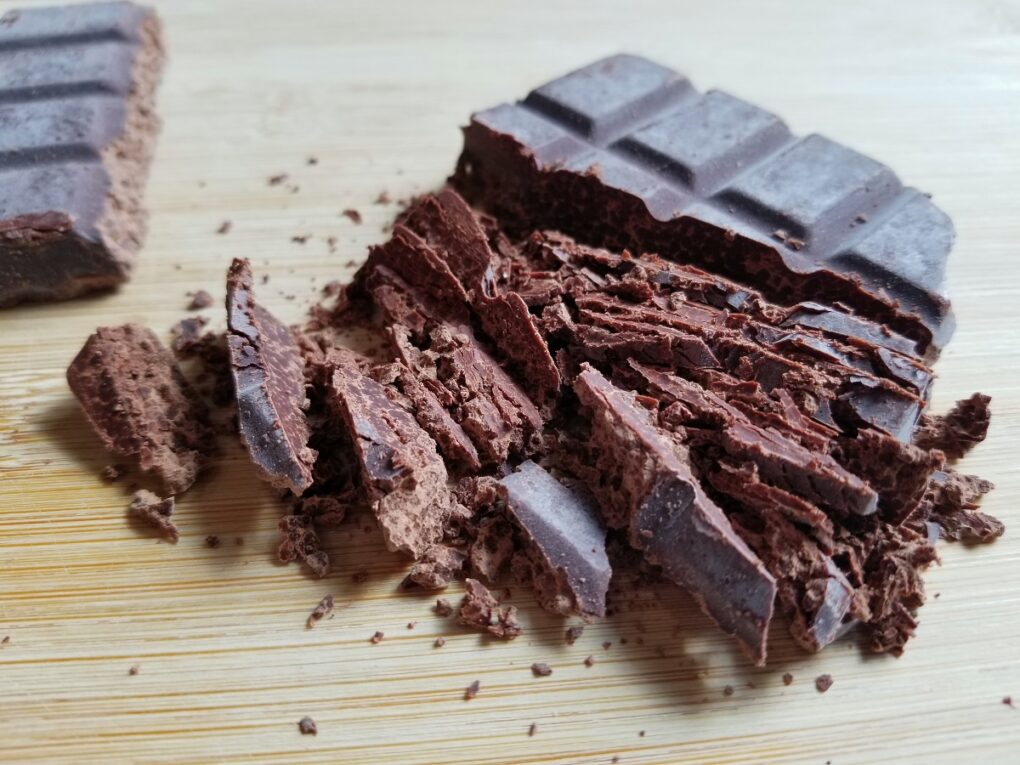
Equal Exchange
Equal Exchange is a for-profit, worker-owned cooperative that distributes Fairtrade products. They were founded in 1986 and headquartered in West Bridgewater, Massachusetts, making them the oldest Fair Trade Coffee company in the United States.
They mainly establish long-term contracts with coffee farmers, offering higher prices than the open market. They also offer those tiny red Equal Exchange Chocolates that a lot of us used to hand out around Halloween. Additionally, they operate three cafes in the US (in Washington, Illinois, and Ohio) and have a UK co-operative subsidiary that shares various product lines.
Despite TransFair USA exiting the partnership with Fairtrade International, Equal Exchange took a stance to uphold authentic Fair Trade principles, which gives me hope in their continued ethical chocolate production.

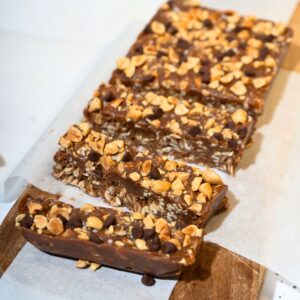
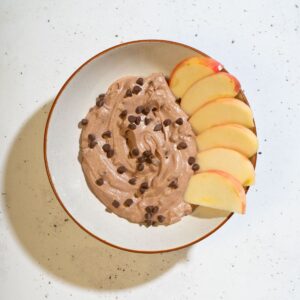
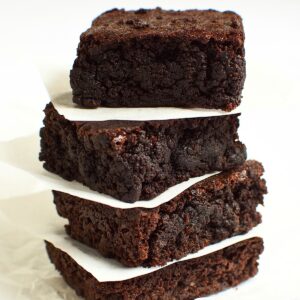

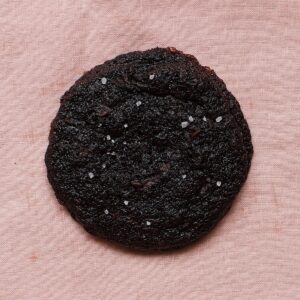


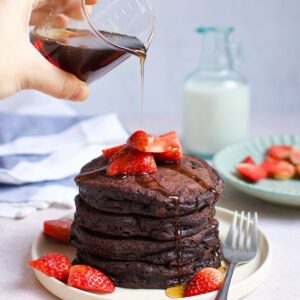
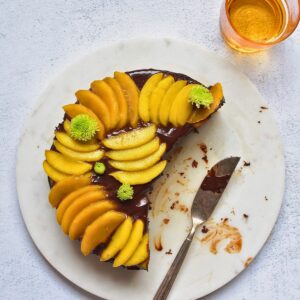

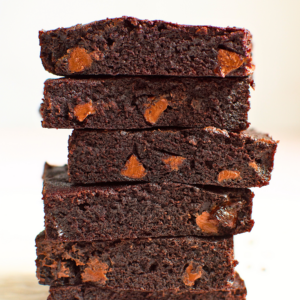

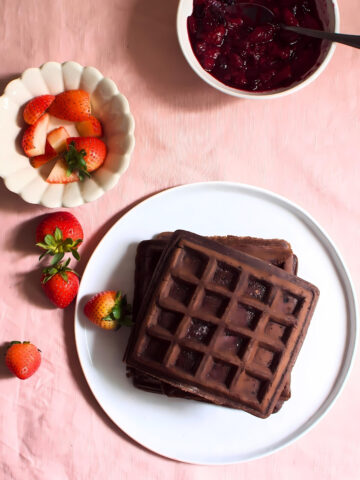
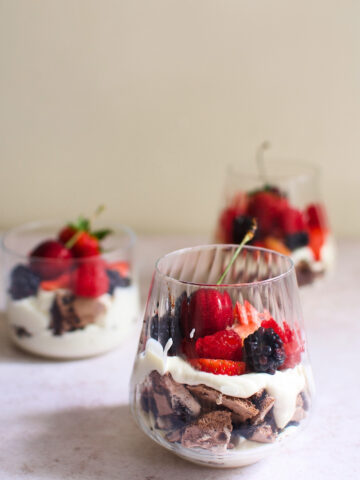
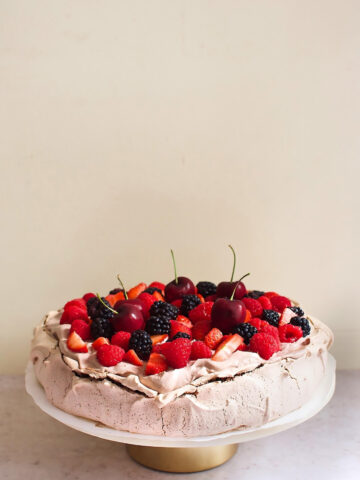
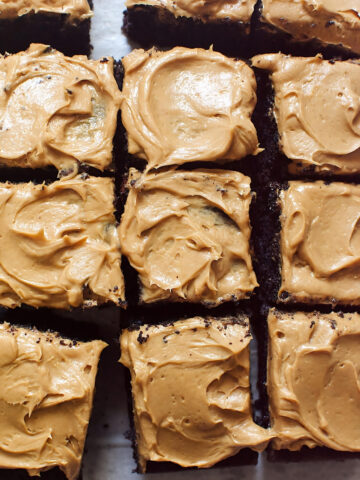
Tanya
Hello,
I'm wondering about the absence of any mention of Tony Chocolonely -- mission-driven to break exploitation.
Are you aware of them?
Also, though it has no place in real chocolate, I have to mention palm oil as another element pervasive in our products the majority of which is produced causing horrific, irreparable devastation. Our awareness, pressure etc. needs to be brought to bear on the incidious practices that allow power and finance to over rule human rights, animal rights, justice, environmental protection etc. I often think about how swiftly high fructose corn syrup went from watch words to label highlighted eliminated ingredient on hundreds if not thousands of products. That campaign might have had some things or methods worth adopting. Granted the advocacy for chocolate and palm oil is an international issue however, the US and/or it's companies lag behind European countries as well as Australia. And I do realize we are talking about challenging some big players to do what is right.
Max
Those are some fantastic points about palm oil, Tanya, but Tony's being left off the list is indeed explicit - they use Callebaut facilities to produce their chocolate, among other reasons, and I just don't get enough transparency about their operations to feel confident in their claims. Also, as stated in the intro, here I am only mentioning brands that are explicitly marketed as Fair Trade, which some brands go beyond without actually paying for the certification. So it' all about looking further than the label to buy the brand and their practices rather than just looking for the Fair Trade label.
Janet
Is information available about the cadmium and lead content of these products?
Max
You would have to contact the manufacturers themselves for that info, unfortunately.
ramie streng
Would love if you could, good luck on that, find chocolate that hits all the boxes with child labor etc, but has great numbers with cadmium and lead. For instance I tried to as I had just bought a sizable order of Divine chocolate( right before the info. came out about 70 %dark chocolate and the lead and cadmium problems and I couldn't get a straight answer as far as actual data on amounts of those heavy metals in the chocolate I had ordered. Divine customer service just told me they didn't have to release the numbers because they were at a safe level.. not exactly transparency. I had ordered Divine because of the other factors that had seemed so great. Thank you
Max
Ramie,
I'd encourage you to dig a bit deeper on those cadmium and lead studies. The results that were dramatized for news headlines back in December of last year use caps that are roughly one-fifth to one-half the maximum generally recognized as safe by US entities and European regulators. While I agree that there are a few products whose numbers of heavy metals (including cadmium, lead, and nickel) are too high, this is material that's collected in the soil and accumulates in all sorts of products that haven't been tested. And by those standards, we should stay away from bananas due to the radiation potential, especially in our baby food-- yet we don't. And we don't generally eat a lot of high-percentage dark chocolate each evening, either, so for the small amounts of lead and cadmium that may be in your bars, I think it's worth weighing the ethical considerations alongside the health & nutritional ones, and giving those heavy metal studies a much closer look.
Marie H
Thank you for this list. Checked all of them just in case. We have been looking for a chocolate chip seller that has at least reasonably better sourcing behavior. Will hopefully be able to buy bars to try out somewhere.
Equal Exchange chips are so incredibly bad tasting. (Not exactly bitter, it's like maybe a rotten flavor??) I've tried hiding them in quick breads, and all kinds of ways. To at least use up the case we bought online direct, but they ruin everything they touch.
Can you even imagine? I'm beside myself wondering how the simple ingredient list turned out so awful. Both the milk chocolate chips and semi-sweet. So we've been just going without much chocolate in this last decade. We did use their 71% Very Dark bars, but those started tasting like the chips. Sadness.
Max
It's my pleasure! It's truly appalling to me how little people seem to care about the topic. I'm sorry you've had such trouble finding reliable products, though, an dI hope this has given you some promsing leads!
Veronique
And missed out on award winning Farm-to-Table Bantu Chocolate (Black-Woman-Owned).
https://www.instagram.com/bantuchocolate/
Max
Bantu looks like a very cool brand! I'll keep them in mind for future articles, but your comment is actually getting at part of the point of this article, which only highlights Fairtrade-certified brands— there are dozens if not hundreds of small brands out there which go well beyond fair trade (tree to bar, in her case) to bring value back to the value chain. Fair Trade certification is not enough, and in some cases, may not even be right for the farm and the farmers. Direct trade is an important and under-represented segment of the modern chocolate market.
Pearl
Hi! I recently read about potential anti-union efforts by Theo (and also Dandelion). Would love to get your thoughts on that and whether you think support union-made chocolate vs Fair Trade certified chocolate is more important, as my own research is turning up mixed reviews. I’ve read that even Fair Trade may not necessarily mean that the farmers are protected, just the workers. Appreciate your input!
Max
I haven't heard of any potential anti-union efforts by those companies (though that doesn't mean they aren't happening), but union-made and fair trade are similar but unrelated considerations for most chocolate brands. I get into this more in my article on what Fair Trade is, but essentially Fair Trade is a small premium over the (ever-fluctuating) market price, and farmers can only join if they're a member of a coop or own a massive farm. This is because FT farms must be certified & recertified, all of which costs farms money up-front (which most of them don't have).
Fair Trade boils down to the price paid for the cacao. Unionizing, however, has to do with the people who take that cacao and make it into chocolate. Theo and Dandelion are two of only a dozen or so companies who may be big enough for their workers to unionize, AND are considered beyond fair trade in where & for what prices they source their cacao. But unionizing only directly affects the workers making the chocolate from the cacao, and you can certainly have union-made chocolate created from cacao grown with forced labor. So in an ideal world, you'd seek out chocolates that are Fair Trade (or better) and union-made (when applicable), but very few of the companies that go beyond fair trade are even close to big enough to unionize.
WAR
YO what chocolate is NOT fair trade???
Max
Almost all chocolate is NOT Fair Trade, including Hershey's, Mondolez, Mars, Meiji, and Ferrero brands.
Tiz
Zazubean is fair for life and owned by 2 women
forgot that one
Max
Thank you for the lead! There are dozens of wonderful fair trade brands I hope to cover in expanded versions of this article, including ones like Zazubean, which I'd not heard of. I'm heading to NW Chocolate Festival in a few weeks and will expand the article after that.